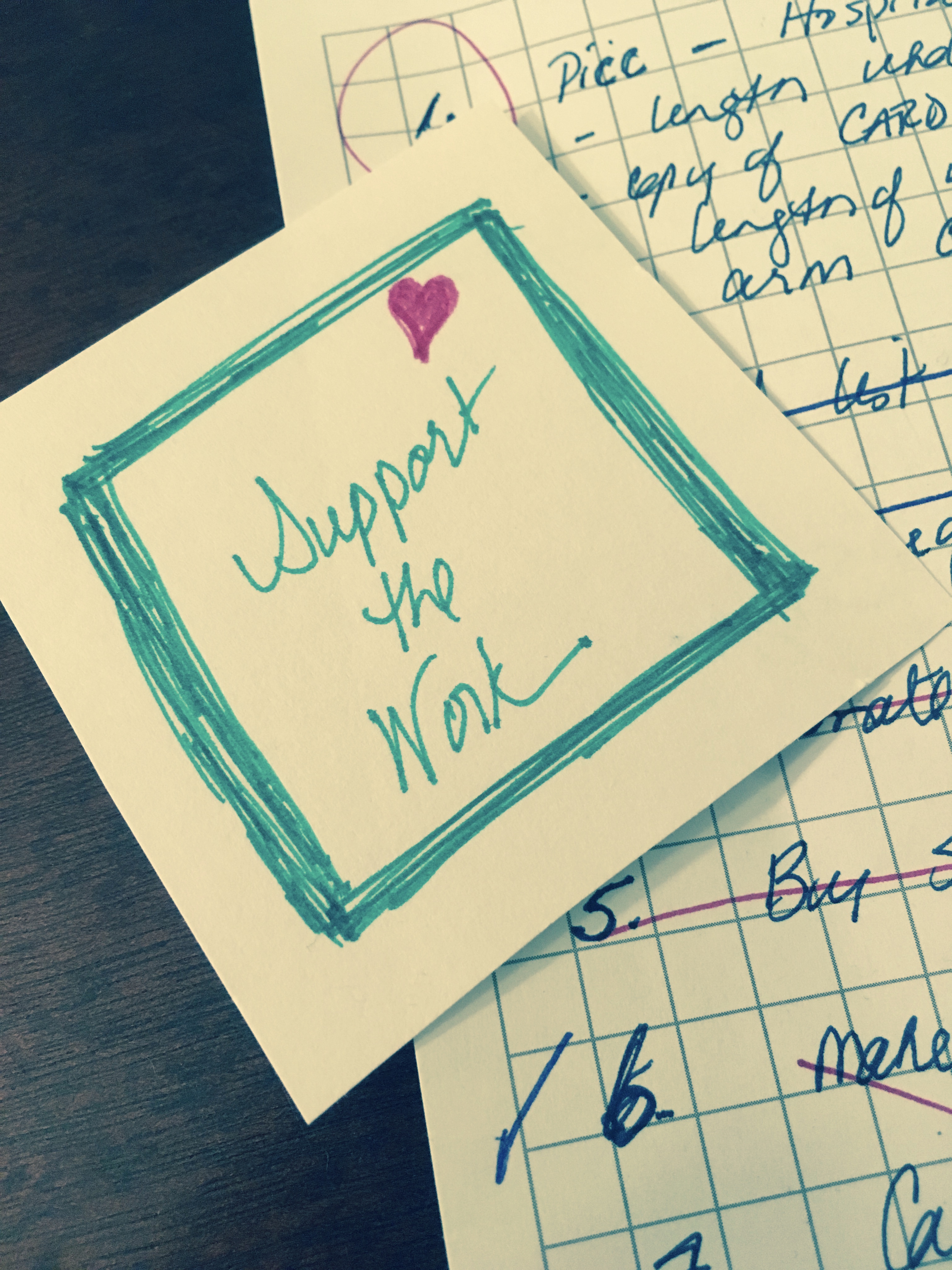
Let's Review
THERE ARE 3 FORMS OF GLUTEN-BASED REACTIONS: Celiac Disease, Gluten Sensitivity, and a Gluten/Wheat Allergy. There are four different types of wheat allergy -- and each type behaves differently.
In Part 1 of this interview series, I was most privileged to speak with Dr. Fasano about gluten, our bodies’ response(s) to it, wheat allergies, and why so many people today have problems with wheat (plus rye, barley, spelt, triticale, etc.) and gluten-based products. I learned a surprising fact: no one can properly digest gluten. Read more...
In Part 2, we discussed testing for celiac disease. Celiac Disease is a severe auto-immune disease triggered by the gluten protein. Dr. Fasano and his team put together information on how to get tested for celiac disease. According to Dr. Fasano the latest research shows that you need to have 4 out of the first 5 of the following markers in order to be diagnosed with Celiac Disease. Read how to get tested...
Gluten Sensitivity - The New Kid on the Block
 In this post, Part 3, Dr. Fasano's team answered questions about what Dr. Fasano calls "the new kid on the block", or... gluten sensitivity. My thanks to Dr. Fasano and his team at the Center For Celiac Research.
In this post, Part 3, Dr. Fasano's team answered questions about what Dr. Fasano calls "the new kid on the block", or... gluten sensitivity. My thanks to Dr. Fasano and his team at the Center For Celiac Research.
TF: What is gluten sensitivity?
Dr. Fasano: As the word “sensitive” suggests, gluten sensitivity is a reaction to ingesting gluten, which is found in wheat, barley and rye. Symptoms can arise throughout the body and range from fatigue and “foggy mind” to diarrhea, depression and joint pain (see more on symptoms below).
TF: How does gluten sensitivity differ from celiac disease?
Dr. Fasano: Although symptoms (particularly gastrointestinal) are often similar to those of celiac disease, the overall clinical picture is less severe. Recent research at the University of Maryland Center for Celiac Research shows that gluten sensitivity is a different clinical entity that does not result in the intestinal inflammation that leads to a flattening of the villi of the small intestine that characterizes celiac disease. The development of tissue transglutaminase (tTG) autoantibodies, used to diagnose celiac disease, is not present in gluten sensitivity.
A different immune mechanism, the innate immune response, comes into play in reactions of gluten sensitivity, as opposed to the long-term adaptive immune response that arises in celiac disease. Researchers believe that gluten sensitive reactions do not engender the same long-term damage to the intestine that untreated celiac disease can cause.
TF: What are the symptoms of gluten sensitivity?
Dr. Fasano: Just as in celiac disease, gluten sensitivity can affect all body systems and generate a wide variety of symptoms. Gastrointestinal symptoms can include diarrhea, bloating, cramping, abdominal pain and constipation. Behavioral symptoms can include “foggy mind,” depression and ADHD-like behavior. Other symptoms include anemia, joint pain, osteoporosis, and leg numbness.
TF: How many people does gluten sensitivity affect?
Dr. Fasano: Research from the University of Maryland Center for Celiac Research indicates that it affects approximately 18 million people, or six percent of the population.
TF: How can I tell if I have gluten sensitivity and what should I do?
Dr. Fasano: This is something to discuss with your family physician or health care provider. If celiac disease and other conditions have been ruled out, i.e., irritable bowel syndrome and other forms of intestinal inflammation, talk to your doctor and dietitian about a gluten-free diet. Please do not undertake the gluten-free diet as treatment without the supervision of health care professionals as nutritional considerations as well as health considerations must be taken into account with this treatment.
TF: Do I still need to be tested for celiac disease if I think I’m gluten sensitive?
Dr. Fasano: Yes. You need to be tested for celiac disease to rule out the possibility of long-term complications. Accordingly, do not go on a gluten-free diet until the possibility of celiac disease has been eliminated through testing. If you go on a gluten-free diet and are then tested for celiac disease, the tests could be falsely negative due to the lack of autoantibodies in your blood serum.
Read how to get tested for celiac disease here.
TF: Is there a test for gluten sensitivity?
Dr. Fasano: Although researchers at the CFCR are working to develop tests for gluten sensitivity, currently there are no definitive blood tests for the condition.
TF: Is there a cure for gluten sensitivity?
Dr. Fasano: Just as in celiac disease, there is no cure for gluten sensitivity. The only treatment currently available is the gluten-free diet.
Other Articles on Gluten-based Reactions
Interview w/ Dr. Alessio Fasano Part 1: Should Anyone Eat Gluten?
Interview w/ Dr. Alessio Fasano Part 2: How to Get Tested for Celiac Disease.
About Dr. Fasano & the Center For Celiac Research
 Alessio Fasano, M.D., is the director of the University of Maryland Center for Celiac Research, professor of pediatrics, medicine and physiology at the University of Maryland School of Medicine and director of the Mucosal Biology Research Center at the University of Maryland School of Medicine. Dr. Fasano is an expert on gluten/wheat allergies and celiac disease. In 2011, he led the research team who discovered a new immune reaction called "gluten sensitivity".
Alessio Fasano, M.D., is the director of the University of Maryland Center for Celiac Research, professor of pediatrics, medicine and physiology at the University of Maryland School of Medicine and director of the Mucosal Biology Research Center at the University of Maryland School of Medicine. Dr. Fasano is an expert on gluten/wheat allergies and celiac disease. In 2011, he led the research team who discovered a new immune reaction called "gluten sensitivity".
University of Maryland Center for Celiac Research is an institution engaged in clinical care, diagnostic support, education, and clinical and basic science research in Celiac Disease.
The paramount goal of the Center for Celiac Research is to increase the awareness of Celiac Disease in order to provide better care, better quality of life, and more adequate support for the Celiac Disease community. To view the CFCR's brochure, CLICK HERE.
 Monday, February 27, 2012 at 2:54PM
Monday, February 27, 2012 at 2:54PM  Elisabeth Veltman, The Tender Foodie tagged
Elisabeth Veltman, The Tender Foodie tagged  Alessio Fasano,
Alessio Fasano,  Michelle Wie,
Michelle Wie,  Novak Djokovic,
Novak Djokovic,  athletic performance,
athletic performance,  gluten,
gluten,  gluten allergies,
gluten allergies,  gluten sensitivity
gluten sensitivity  Email Article
Email Article  2 References
2 References  Print Article in
Print Article in  Athletes,
Athletes,  Health
Health 




